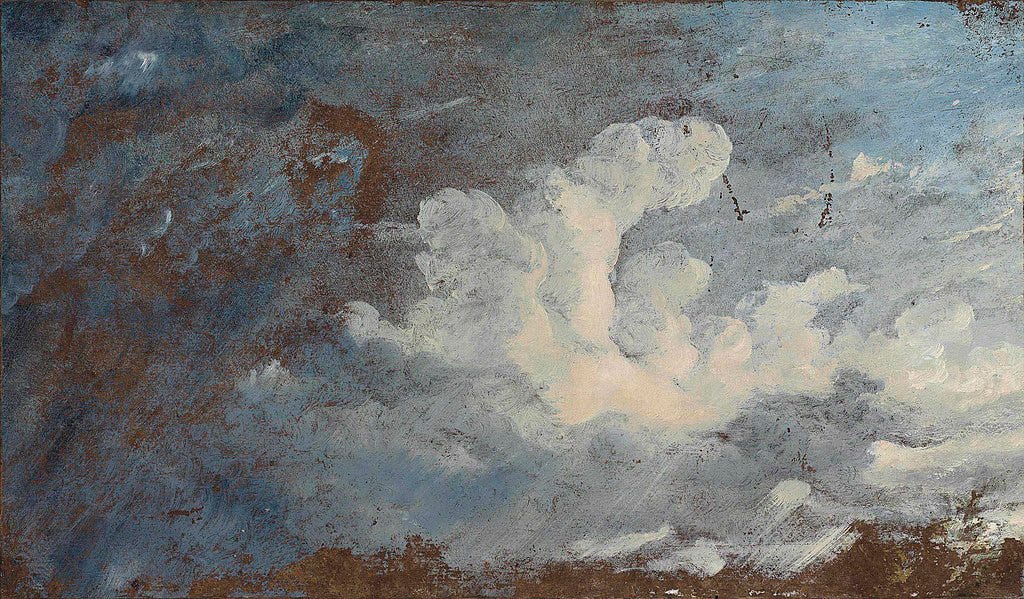The air carries little creatures
Have a go at cracking this medieval puzzle: Exeter Book Riddle 57 (in translation, followed by the original text)
The air carries little creatures over hillsides. They are so black, swarthy, dark-coated. Generous of song they journey in groups. Loudly they cry, treading the wooded headlands, sometimes the town-dwellings of the children of men. They name themselves. Ðeos lyft byreð lytle wihte ofer beorghleoþa. Þa sind blace swiþe, swearte salopade. Sanges rope heapum ferað, hlude cirmað, tredað bearonæssas, hwilum burgsalo niþþa bearna. Nemnað hy sylfe.
Listen to a reading of the riddle in its original Old English
What we love about this…
Riddles are little gems that bear close reading again and again. The solution to this one could be ‘swallows’ or ‘swifts’ or ‘gnats’ or ‘midges’, ‘starlings (in murmuration)’ or perhaps not a flying creature at all: storm clouds, raindrops, or hailstones are other possibilities. Readers looking for an onomatopoeic name have suggested solutions like ‘jackdaws’ or ‘bees’. The creatures might even be sound itself, in the form of letters or musical notes!
The original text, like all those from the Exeter Book—written in the English of the tenth century—does not come with an answer, nor was it usual then to give poems titles. It remains a puzzle just beyond our reach, like the creatures it describes. Even our translation of this text gives it an interpretation (the last half-line could also be translated as ‘name them yourselves’, for example).
For more about the Exeter Book Riddles check out this selection on our sister-project the Ten-Minute Book Club
https://www.english.ox.ac.uk/ten-minute-book-club/exeter-book-riddles
For all the Exeter Book riddles see The Riddle Ages project at the University of Birmingham
https://theriddleages.bham.ac.uk/riddles
John Constable. 1776–1837. Storm clouds over Hampstead. Oil on millboard; 16 × 27 ¼ inches · 406 × 692 mm; Painted c. 1822. Private Collection, USA.
Curator’s Corner
Today’s newsletter was created by Dr Alexandra Paddock. Alexandra specialises in medieval literature and environmental humanities and leads the Ten Minute Book Club alongside her teaching at Keble College, University of Oxford.
Suggest a LitHit!
Tell us your own favourites from literature you've read, and we can feature you as a Guest Curator. Just email us with the following information:
Your full name
The title of the book you're suggesting
The location of the excerpt within the book (e.g., "in the middle of chapter 5"), or the excerpt itself copied into the email or attached to it (in Word)
Why you love it, in just a few sentences
About LitHits
LitHits helps you make time for reading by bringing you unabridged excerpts from brilliant literature that you can read on the go, anytime or any place. Our curators carefully select and frame each excerpt so that you can dive right in. We are more than a book recommendation site: we connect you with a powerful, enduring piece of literature, served directly to your mobile phone, tablet or computer.
You might also enjoy...
Feedback
We'd love to hear your thoughts on our newsletter:
kshepherdb@yahoo.co.uk
Graphic design by Sara Azmy
All curation content © 2023 LitHits. All rights reserved.




